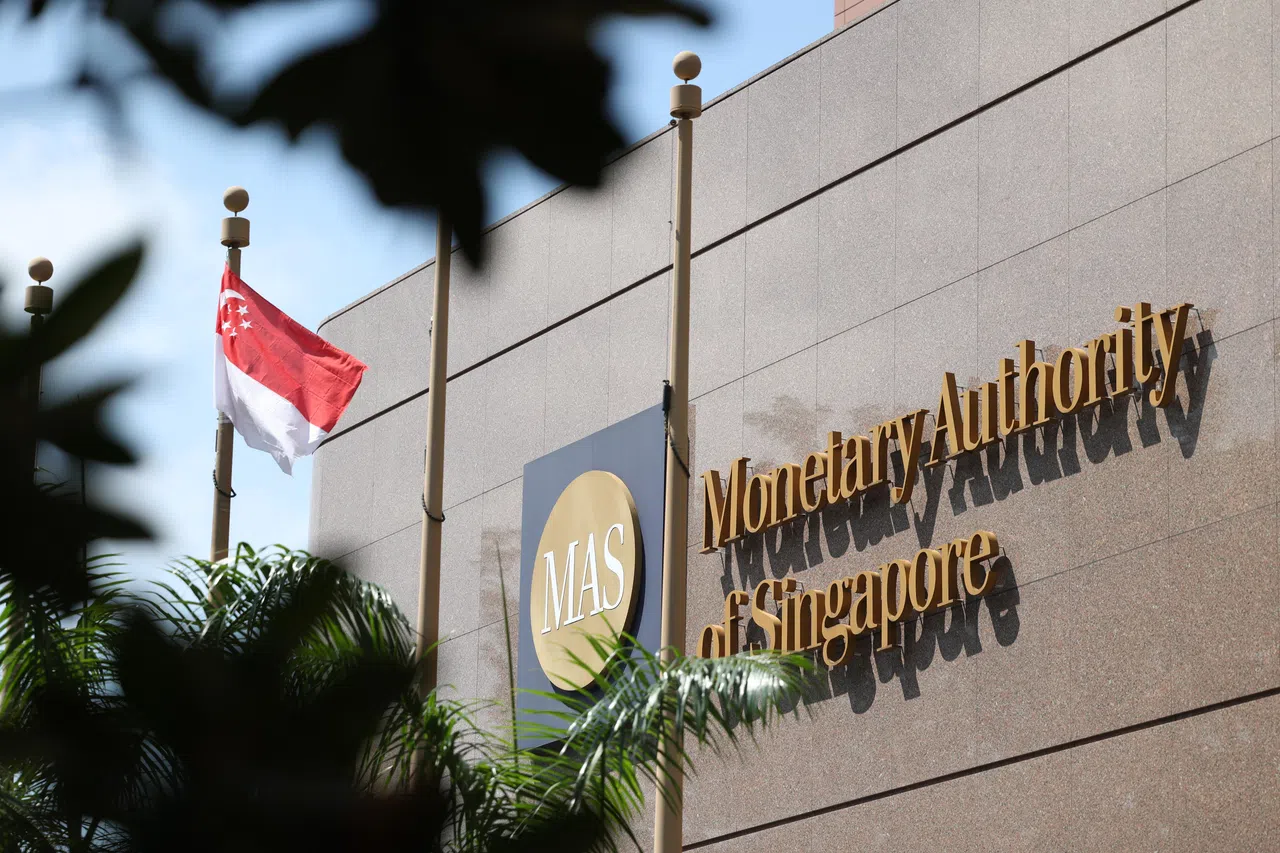SINGAPORE continues to see strong growth momentum for wealth inflows, even as financial institutions stepped up onboarding processes in the wake of the S$3 billion money laundering case uncovered last year, said Chia Der Jiun, managing director of the Monetary Authority of Singapore (MAS).
Meanwhile, MAS has been working to reduce the processing time for its tax incentive scheme in Singapore, with wait times expected to return to three months by the beginning of next year.
Speaking at a briefing for MAS’ annual report for the financial year 2023/24 on Thursday (Jul 18), Chia noted that the longer wait times for onboarding new clients does not apply to all cases, and it has not been an issue for many cases where the documentation is clearer.
“The wealth management industry in Singapore is centred on strong regulations, high standards and legitimate wealth, so this has not really impacted the strength of that business,” he said.
Longer wait times for Singapore’s tax incentive scheme are also a result of a surge in cases over the past few years that have created a backlog, said Leong Sing Chiong, deputy managing director of the markets and development group at MAS. Teams have been putting in place various measures to clear the backlog by the end of the year, he added.
Chia said the money laundering case of the past year has changed neither Singapore’s growth trajectory nor the city-state’s position on regulatory standards.
BT in your inbox
Start and end each day with the latest news stories and analyses delivered straight to your inbox.
“We welcome legitimate wealth. And the banks also understand this and are working to apply their standards appropriately so that it is supportive and conducive to legitimate wealth,” he said.
Speaking on rising competition from other wealth hubs including Hong Kong and Dubai, he added: “I don’t think we see things in terms of the race or competition with other wealth centres.”
Chia said that its supervisory engagements with financial institutions that had material nexus to the case are mostly completed.
MAS is reviewing its findings to determine the appropriate supervisory actions.
On the involvement of some single-family offices (SFOs) in the case, Chia pointed out that Singapore had already issued a set of enhancements for SFOs last year.
Of the changes that were put out, SFOs need to have a bank account with a financial institution that is regulated in Singapore, and can therefore conduct due diligence on that family office, he highlighted.
MAS had also introduced broader due diligence checks on SFOs applying for tax incentives, he added.
Singapore’s weak equity market amid a low volume of initial public offerings and low liquidity has been a topic of debate for some time, but Chia said that this is not an issue unique to the Republic.
The city-state, as a financial centre, has a diversified base of activities with many parts seeing strong growth. This includes its asset management industry, banking and insurance sectors, as well as debt capital markets, he argued.
As for the equity market, he noted that MAS has been very supportive of equity market development in the past, and will continue to support the objective of strengthening the local equity market.
It is reaching out to stakeholders in the market to canvas views and discuss the next best steps.
“There’s probably no silver bullet, but there are good ideas that we can work on, but we need a bit more time to reach out to stakeholders in the market,” he said.







